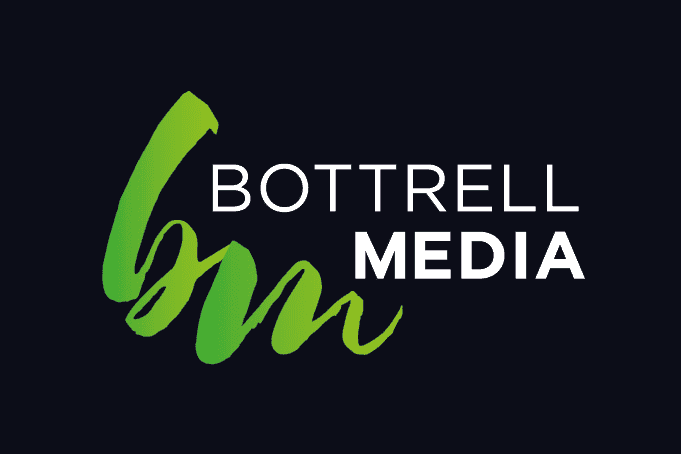
What Should I Wholesale my T-Shirts for?
Selling t-shirts is an extremely popular venture, and if done correctly, it can be quite profitable. One of the most important aspects of ensuring your business is profitable is the pricing of your t-shirts.
Retail:
Generally speaking you can retail your products at whatever price best fits. However, it is important to consider who you are selling to, and what competitors are retailing their t-shirts at. For example, if you retail for $60, and your competitors are all at $30, you may find it difficult to convince people to purchase your shirts.
- $5-$15: Cheap ones, found often at department stores such as Kmart or Target. They have often been around for a long time, and order in large quantities to achieve such a price.
- $15-$35: This is the average price for t-shirts. Can be used by new-comers, or businesses who have been in the industry for a while. Typically, stores such as Cotton On use this price range, or small scale start ups.
- $35-60: Now we are getting to the higher end of the scale. These are often charged by labels, such as Eat Your Water and Billabong. Generally they would have begun their life selling in the middle range, however with growth and demand, have been able to increase their prices.
Wholesale:
Typically retailers want to sell a t-shirt for 2x the amount they purchased it for. So if you retail for $50, sell them wholesale for $25. This is why getting your retailing price right is so important. Otherwise you could be stuck in a position where you cannot wholesale, and limit your growth.
To entice retailers to purchase a larger quantity, you can provide an incentive, for example, <50 t-shirts $25 each, <100 t-shirts $23 each, and so on.


